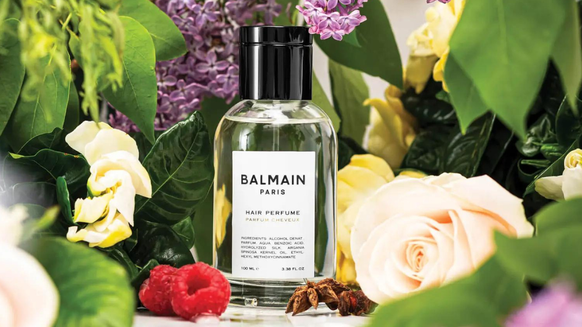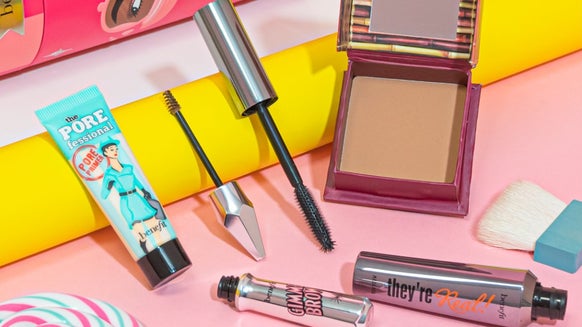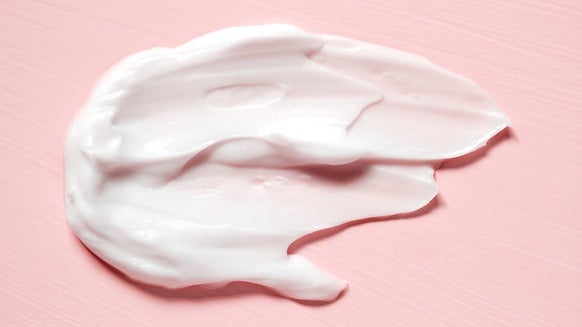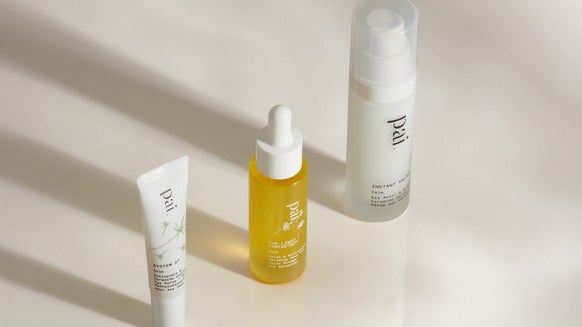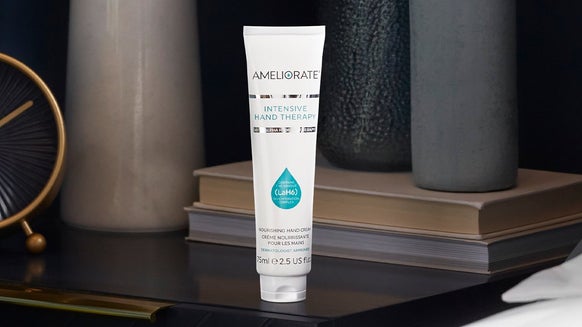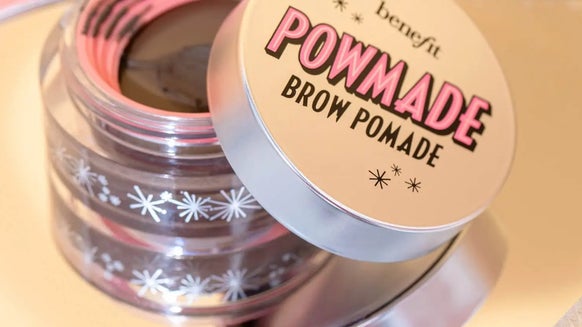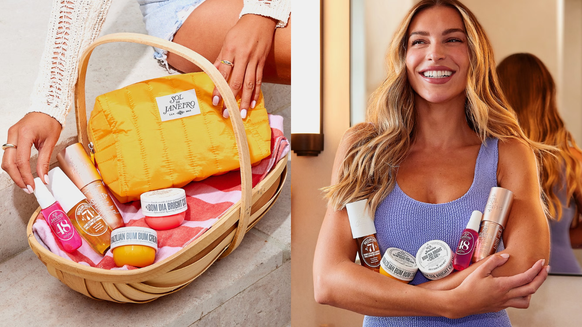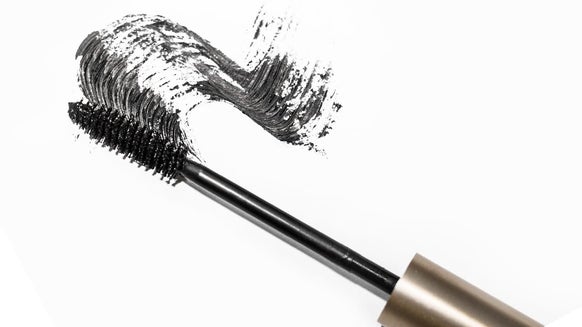Garnier’s guide to SPF
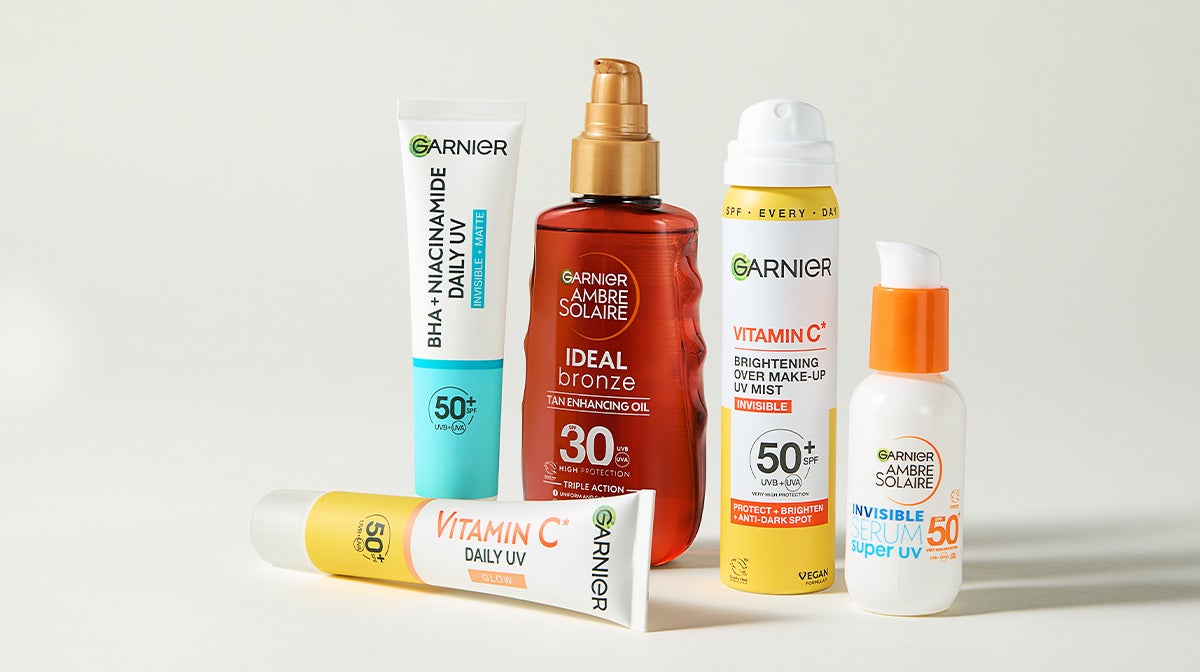
Sunkissed skin, a healthy golden glow, blue skies and beaches – this is what most of us associate wearing SPF with. But you need to apply sun protection every day, whether it’s rain or sun and even if you’re indoors. Why? You can’t see UVA or UVB rays, however they’re certainly there, and they can penetrate through clouds (UVA rays penetrate through glass windows too).
Protect your delicate skin from damage and premature ageing by wearing SPF sun protection. It can difficult finding a formula that works best for your skin and offers the protection you need, so Garnier are here to help with their range of SPFs, infused with skincare ingredients. Discover your new daily essential and help shield your skin from harmful UV rays that can cause premature ageing, burns and increase your risk of skin cancer and melanoma.
Breaking down SPF
What does the number on SPF mean?
While most sunscreens are broad-spectrum, SPF is a rating of protection against UVB which are the suns burning UV rays. An SPF of 15 would mean you could stay in the sun 15x longer before burning. So, for a person who would normally burn in 15 minutes (without sunscreen), using an SPF 15 sunscreen would prolong the time they take to burn to 225 minutes (15 x 15.) This of course only stands true if enough is applied and it’s reapplied regularly.
Garnier Vitamin C Daily UV Brightening Fluid Glow SPF 50+
Providing the highest factor of SPF protection there is, SPF 50+, while working to brighten the skin with its infusion of vitamin C, this lightweight sunscreen fluid has over 140 5-star reviews for a reason. It’s multi-tasking formula moisturises the skin and helps to reduce the appearance of dark spots for an even, dewy looking complexion. The travel-friendly tube is perfect for on-the-go and it protects you from UVA and UVB rays.
Garnier Vitamin C Brightening Over Make-Up UV Mist
New in at LOOKFANTASTIC, this SPF 50+ mist complements the Garnier Vitamin C Daily UV Brightening Fluid Glow SPF 50+, as you can spritz it on top of your makeup throughout the day to boost your sun protection. Enriched with vitamin C and niacinamide, this dry mist hydrates and brightens the skin without affecting the look of your makeup.
Garnier BHA + Niacinamide Daily UV
For all the oily skin types out there, the Garnier BHA + Niacinamide Daily UV has you covered. Powered by salicylic acid and niacinamide, this facial suncream instantly mattifies the skin and helps to smooth textural irregularities. Also providing SPF 50+, this suncream dries down to an invisible layer, leaving no white cast.
Garnier Ambre Solaire SPF 50+ Super UV Invisible Face Serum
If you’re going to be dipping into a pool, the sea or getting your sweat on, we recommend opting for a water-resistant SPF. Formulated to be a lightweight facial serum, this daily non-negotiable is perfect for all skin tones and types, including sensitive skin. Locking in moisture to keep the skin hydrated, the Garnier Ambre Solaire SPF 50+ Super UV Invisible Face Serum is enriched with ceramides, creating a comforting base for makeup.
Garnier Ambre Solaire Ideal Bronze Protective Oil SPF30 Sun Cream Spray
Your body needs protecting from UV rays just as much as your face does so don’t neglect it! Enhance your natural tan and enjoy a satin glow finish with this sumptuous non-sticky oil formula, providing SPF 30 while lasting in water, sand and sweat. Remember to reapply throughout the day.

From a young age I’ve been immersed in the beauty industry, getting my first job at a skin clinic and staying there for almost 5 years. My love for skincare was born from the constant exposure to new French pharma skincare products, award-winning supplements and revolutionary techniques to snatch your face. My go-to look is a dewy, natural base using a tinted moisturiser, enhanced by a colourful eyeliner. The Garnier SPF50+ Face Fluid and YSL Touche Éclat Blur Primer are my holy grails.





